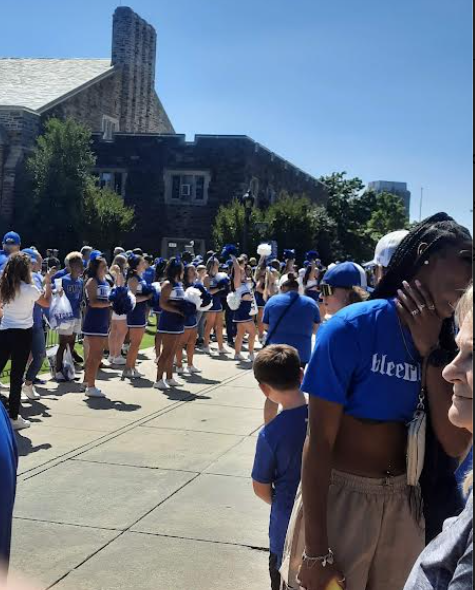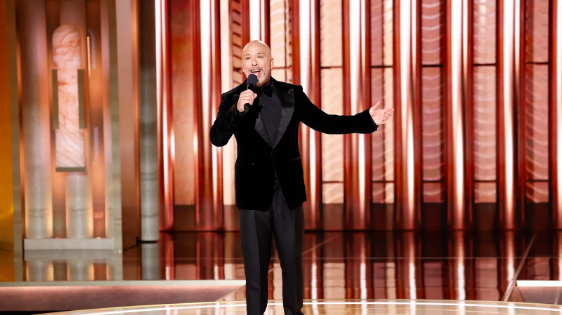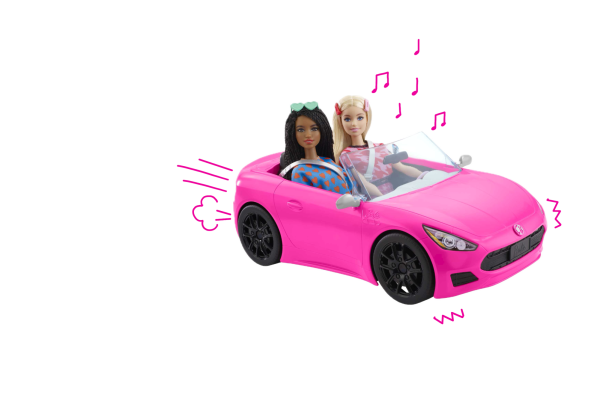Fighting Off Racial Stigmas and Identity Confusion
Losing yourself and finding yourself is a large part of the discomfort associated with change, whether it be social or solitary.
“Gringa, gringa, gringa!” The Latinos called me white girl.
I was unintentionally marginalized as a “white-washed” Mexican in the U.S. because I don’t speak Spanish. Accepting that was an uncomfortable reality and only provided me with self-conflict and discomfort growing up.
I sat at the table and wondered if not speaking Spanish made me less Latina. “Porque no hablas espanol?” my grandma would ask me. I wondered the same thing. Angry at my parents for not speaking Spanish to me growing up, I blamed them for me not being “Mexican” enough.
Eventually, I realized not speaking Spanish did not make me any less of a Latina.
Entering Jones made me notice how easily cliques were formed by our racial background.
Race, a social construct, separated the community I was so excited to be a part of when I first entered. And so it began, a change provoked by discomfort and anger.
I became more enthusiastic about my culture and aware of the struggles my mom and my mom’s mom and her mom’s mom have faced. I was proud of dancing bachata with my mom rather than ashamed. I was aware that my uncle left the U.S and went back to Guadalajara, Mexico because he was tagged “illegal” rather than “undocumented” by police officers.
I was ready to fight against stereotypes in my classroom, home, and in the U.S.
Standing at the gates of a Trump protest, tears stream down my eyes as my family and friends are concerned for their safety. So much love and pride is still present, for the kids around me were in the same boat or cared for the same issues.
I educate those who are in support of discrimination, intentionally or not, and speak out against stereotypes that Mexicans are bad people, drug smugglers, and rapists. It’s important to educate classmates on how fear can bring out the worst in people, like dropping out or becoming their stereotypes.
I bring up points about the little black boy with Skittles that was unarmed and killed, Trayvon Martin, and his shooter, George Zimmerman, who was found not guilty. I explain the importance of the lives of the 43 missing Mexican students. I explain how necessary discomfort is to open eyes and to challenge the beliefs that we are the “lesser”.
The discomfort provoked by bringing knowledge to those who are not educated on issues minorities face is large.
“Gringa, gringa, gringa,” my peers no longer call.
“White washed” and all, I am a Latina who makes a satisfying Milanesa, dances bachata for hours, and can create social change against social constructs.
It’s important not to become your stereotype or let restrictions blind you from your identity. To further enforce this in your community, continue to be in discomfort due to talking about emotional topics that can educate those that are stuck in a stereotypical mindset.

INTERESTS & EXTRACURRICULARS: photography & being a barista at Starbucks.
ONE WORD TO DESCRIBE ME: Curious
IN TWENTY YEARS: I will...






